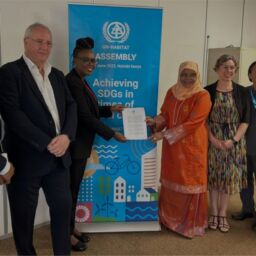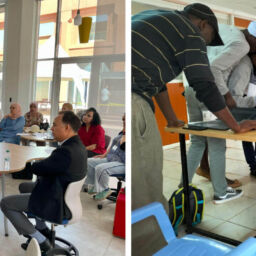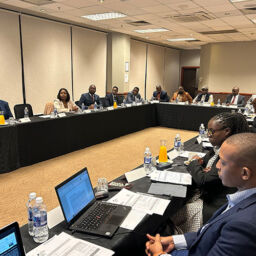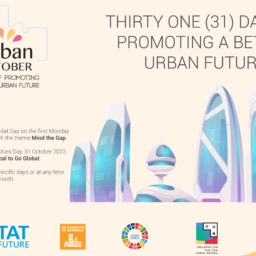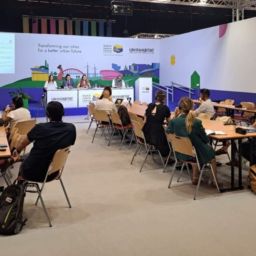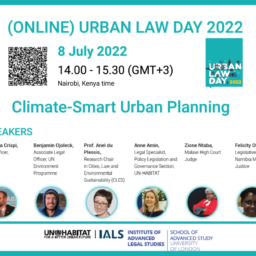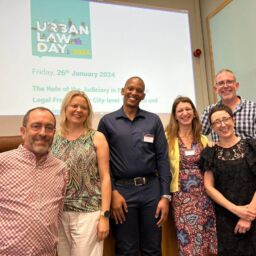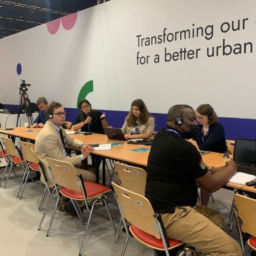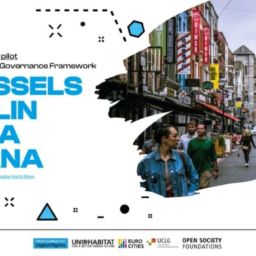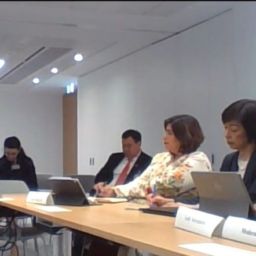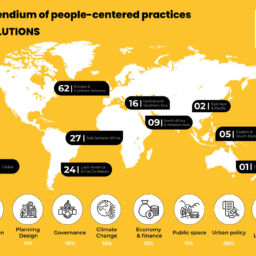UN-Habitat and KAS stocktake progress of climate urban legal reforms and build knowledge of climate smart planning legislation in Malawi
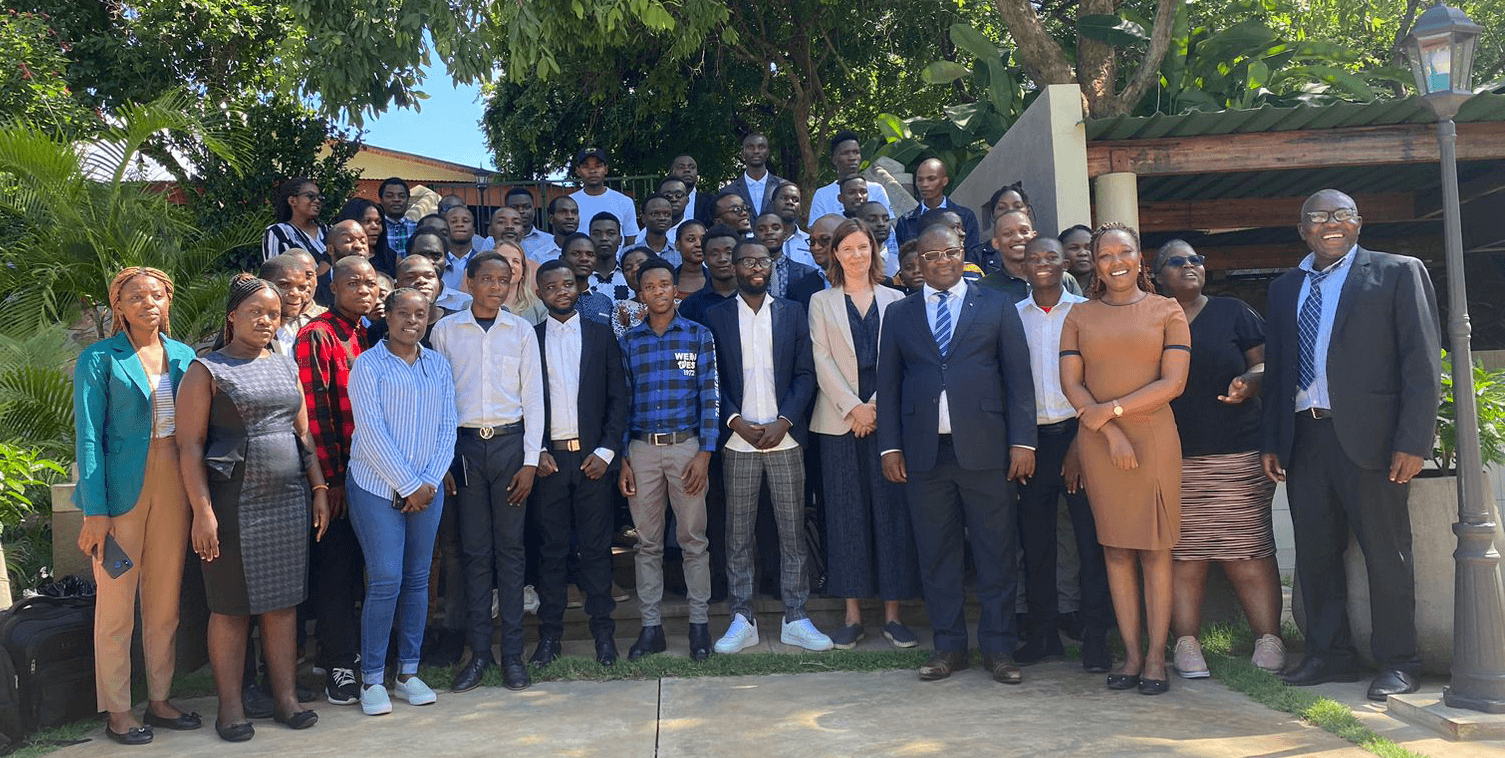
Lilongwe, Malawi 19th – 20th March 2024
Tuesday, 19th March 2024
The high-level session included, among others, the Attorney General of Malawi; UN Resident Coordinator Malawi; the Registrar, Ministry of Lands, Housing and Urban Development; the Commissioner, Malawi National Planning Commission; and the Deputy Director for Urban Development, Ministry of Lands, Housing and Urban Development. The event was a “stocktaking” exercise of what needs to be done or has been done to implement the suggested outcomes and findings from the climate urban legal assessment undertaken through the project “Urban Law for Resilient and Low Carbon Urban Development in Malawi, Namibia, and Zimbabwe.”
The legal assessments were done between 2021-2022, using the UN-Habitat Urban Law Module of the Law and Climate Change Toolkit, a legal assessment tool developed by UN-Habitat in collaboration with UNEP, UNFCCC, and the Commonwealth Secretariat to support governments at national, regional, and local levels accelerate climate mitigation and adaptation of urban areas through legal reforms. The report for Malawi can be found here.
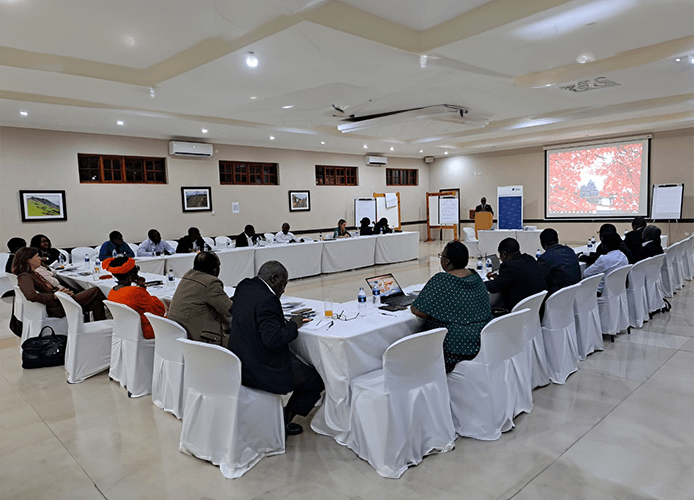
It emerged that Malawi has encountered various challenges in initiating climate legal reforms such as limited access to legislation, weak implementation of the laws on decentralization since their enactment in 1994; unplanned urban spaces as well as limited participatory planning and institutional coordination with various sectors working on climate change.
However, major reforms are underway. According to the Commissioner of Lands, Ministry of Lands, Housing and Urban Development, Malawi, “the National Buildings Policy is under review in line with recommendations from the project. 28 physical planning officers have been deployed in all councils. District Land Registrars are being trained to be deployed in all district councils so that land registration can be done at the local level. On the regulatory side, our Ministry has revised land related laws and submitted these to the Attorney General’s Office for approval. These laws will, among other things, empower local councils to generate revenue for effective local climate action.”
Wednesday, 20th March 2024
56 students from Mzuzu University; Malawi University of Business and Applied Sciences; Malawi University of Science and Technology; and the Lilongwe University of Agriculture and Natural Resources, learnt about the potential of urban law in pursing urban climate action and environmental protection goals by undertaking Module 1 of the E-learning course on advancing climate action through urban law. Despite technical connection challenges, by the end of the day, 20 students had completed the entire course consisting of four modules and attained their certificates. 15 of them will participate in a peer-to-peer learning exercise during similar sessions that are planned in Namibia or Zimbabwe.
A professor from the Department of the Built Environment, Mzuzu University described the event’s timing as opportune since the curriculum is under revision and there is scope to include the course in the student’s syllabus. He also commended UN-Habitat and KAS for focusing the training programme on young people, specifically, he said that “targeting the young people is a key step towards changing mindsets when it comes to the implementation of legislation, especially environmental laws, thus, today is a crucial milestone in the drive towards sustainability as well as policy and legal reforms for the future.”
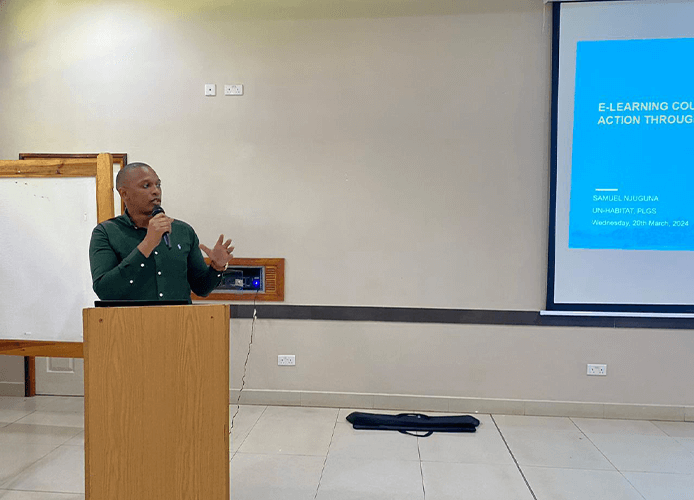
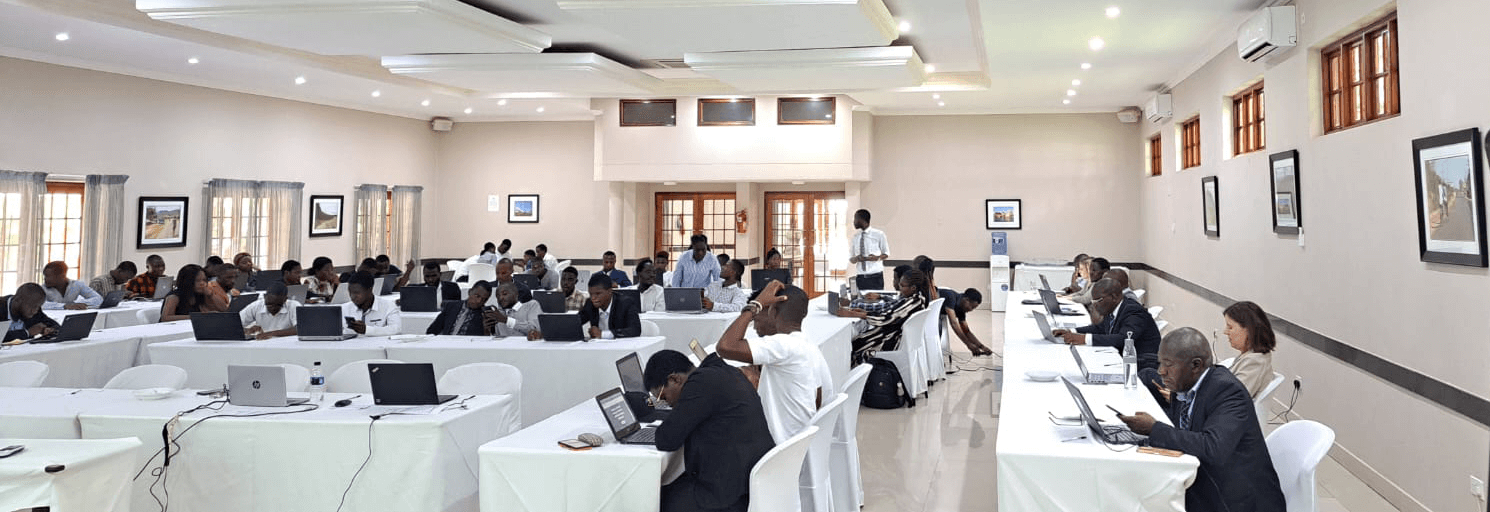
Finally, based on an anonymous survey through mentimeter, 90% of the respondents mentioned that their skills and knowledge had improved because of undertaking the course while 70% of the respondents found the course relevant for their work/studies. Most participants had similar takeaways from the event, such as: “enforcement of urban law frameworks is key for climate change adaptation and mitigation” and that “together, we can fight climate change.”


